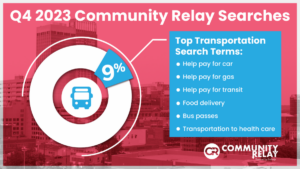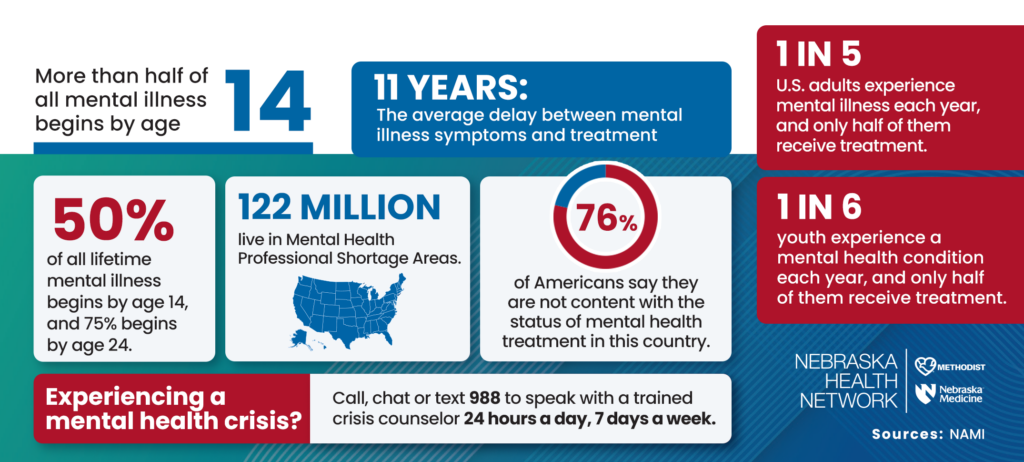For many people, access to reliable transportation is a luxury we take for granted. However, according to new CDC data, 5.7% of adults faced transportation issues in the past 12 months.
Without a car or other means of transportation, it is harder for individuals to get to/from medical appointments and work, to pick up things they need for daily living like nutritious food, or to engage in social activities. In simple terms, lack of transportation can lead to other Social Determinants of Health.
According to the American Hospital Association, more than 3.6 million people do not obtain medical care each year due to transportation issues. A patient who struggles to get to the doctor may miss or delay appointments and fail to pick up prescriptions. For patients with chronic diseases, a skipped appointment can lead to declining health, missed care gaps and opportunities to check in with their care team.
Recognizing the direct link between transportation barriers and health outcomes, the health-care industry is utilizing strategies to reduce the transportation burden including:
- Ride Shares: Health-care organizations are turning to ride-share services like Uber and Lyft to help transport patients. In some cases, rides are covered by Medicaid and other insurance plans.
- Virtual Care: Increased access to telehealth services helps reduce some in-person appointments.
- New Roles: The industry has expanded the care team by developing new roles like Community Health Workers who work directly with patients to address social determinants.
- Community Outreach: To holistically address patient needs, health-care organizations are partnering with community benefit organizations to reach individuals where they work, live and receive care. Online resources like CommunityRelay.com empower users to connect with local community benefit organizations to address their needs.
Community Health Workers are front-line care team members with close relationships with the community. Through a Health Resources and Services Administration grant through the UNMC College of Public Health, Nebraska is training more than 240 CHWs over the course of three years. The CHWs work in both traditional care settings like provider offices, pharmacies and emergency departments and directly in the community at churches, shelters, community benefit organizations and public health offices.
Community Relay is sponsored by the Nebraska Health Network and powered by Findhelp, a national social services organization. This free resource gives users 24/7 access to local community benefit organizations supporting common social determinants like food, housing and transportation.

Local search activity on Community Relay supports the national CDC data regarding the number of people impacted by transportation barriers. Over 9% of the Community Relay searches last quarter fell under the Transportation category. The most common search terms included:
- Help pay for car
- Help pay for gas
- Help pay for transit
- Food delivery
- Bus passes
- Transportation to health care
Training and onboarding Community Health Workers, hosting Community Relay, and working with payers are just a few of the ways we are helping to break down social determinants of health like transportation and make it easier for patients to live healthier, happier lives.

